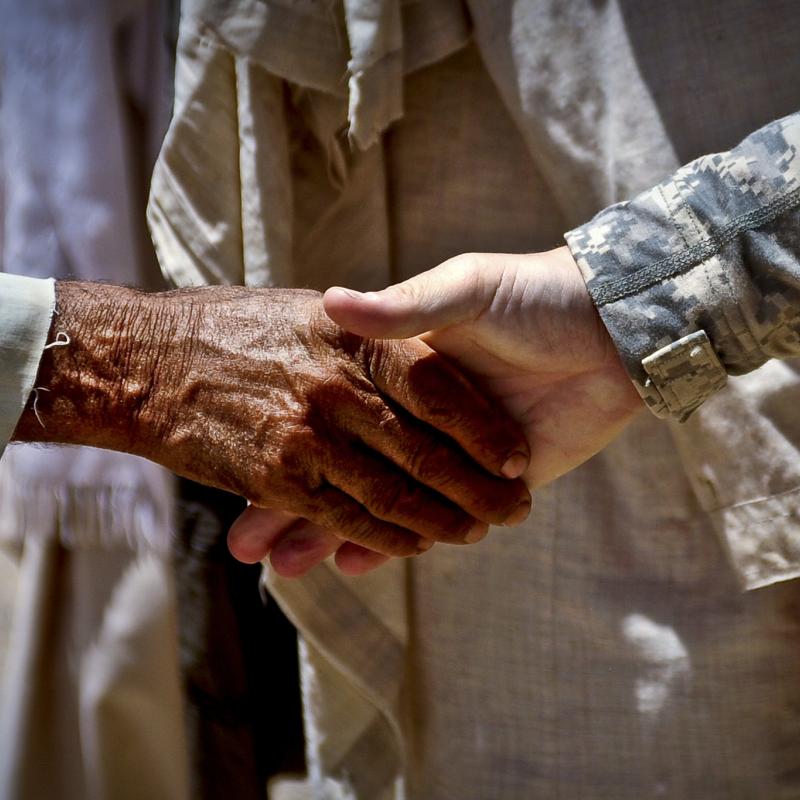
Ramp Up Bilateral and Multilateral Diplomatic Efforts
Before the most recent talks, the United States had other key opportunities across its nearly twenty-year war in Afghanistan to facilitate a negotiated settlement but squandered each of them, prolonging the violence and losing more leverage along the way.
